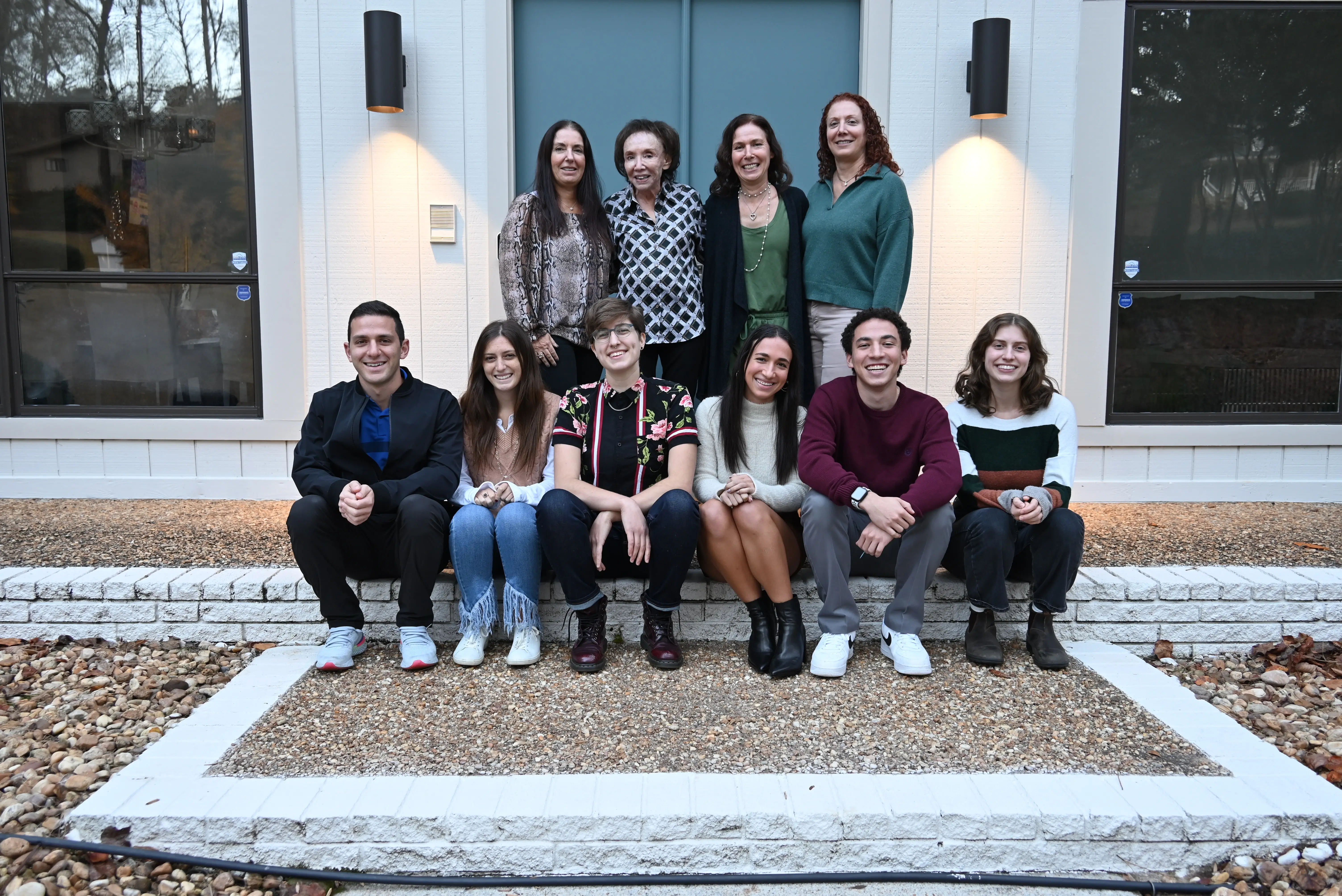


Today, the Givers team is thrilled to announce the launch of our platform for caregiving savings and support, in conjunction with our $3.5M seed round. At Givers, we’re putting money back in the pockets of family caregivers, who account for $470 billion in unpaid work annually, while also supporting them with community, educational resources, and time-saving tools.
We started Givers because we firmly believe that caregiving is one of the most important and underserved socioeconomic healthcare issues of our time. Caregiving impacts key concerns in our economy: financial equity, participation in the workforce, and healthcare access, costs, and outcomes. Yet on a macro level, we often fail to recognize how these dynamics intersect–let alone provide caregivers with resources to balance it all. While caring for aging and at-risk loved ones dates as far back as we know, recent shifts have brought caregiving issues to the forefront, both expanding the number of caregivers and exacerbating the challenges they face.
At last count before the pandemic, there were 53M Americans providing unpaid care to a loved one. While COVID-19’s strain on nursing homes certainly created an acute caregiving surge, the increasing need for family caregivers isn’t temporary–the 65+ population is set to double by 2050. Baby boomers (the largest generation in US history) now make up the majority of the current aging population, with smaller trailing generations assuming the caregiving roles. The caregiving ratios are worsening as a result–in 2010, there were 7 potential caregivers for every high-risk person over 80, but in 2030, that ratio is projected to fall sharply to 4-to-1 before hitting 3-to-1 by 2050. We know that people 65+ in age drive over a third of emergency room visits and healthcare expenditure, and continuing to neglect our family caregivers will drive further undue stress on our already strained healthcare system.
Finally, the financial and career sacrifices related to caregiving are becoming more and more taxing. Fidelity’s 2022 study of caregivers found that a majority plan to rely on their own or another family member’s work income (77%) or government benefits (74%) to pay for care, and 33% permanently lost or reduced their source of work income. These dynamics disproportionately impact women, who currently account for more than 75% of caregivers. The increased opportunities for women to pursue careers and become community leaders hasn’t been balanced with meaningful changes to family roles or increased support for the responsibilities that have historically fallen on them. The tension between working and caregiving is so strained, it often leads women to drop out of the workforce. COVID-19 was a microcosm of this: as the number of people requiring care skyrocketed, the number of working women plummeted to sub-1988 levels.
This conflict is illustrative of a larger problem: there are woefully insufficient resources for caregivers. Some reimbursement opportunities exist, but they’re often obscured within the fine print of insurance plans and tax clauses, which can be dense and clunky to navigate. The void is so extreme that spending down family assets to qualify for medicaid is one of the best routes to fund care in America. For the many millions who don’t qualify for medicaid, they’re in a constant bind, working unpaid caregiving hours while balancing a job and investing significant personal time and money–an average of nearly $8,000 per year. Amid a time with 9.1% inflation and 17.3% increases in health insurance premiums, many caregivers have stopped saving or taken on debt, if not dropping out of the workforce. This all comes with a significant emotional toll–heartbreakingly, the CDC estimates that caregivers contemplate suicide at nearly 3 times more than the non-caregiving population.

At Givers, we aim to fill a tremendous white space by helping people recoup the costs of caregiving, while alleviating some of the emotional stress and mental overhead. Our savings and support platform lowers the barriers to accessing complex yet impactful benefits programs. Through the use of the Givers Card, the first debit card made specifically for caregivers, we analyze a caregiver’s spending and circumstances to streamline identifying and applying for federal and state programs, tax credits, grants, health plan reimbursements, discounts and more. We’re all in on our mission of putting money back in the pockets of caregivers–they only pay us money when they save. Specifically, our solution gives caregivers the ability to:

We’re grateful to have the support of some of the most important healthcare industry investors and thinkers who share our passion. Our seed funding is led by CRV with participation from Able Partners, Iyah Romm (Founding CEO of Cityblock Health), Ashish Shah (CEO of Dina Care), Marina Tarasova (COO of Paloma Health), and Khang Vuong (CEO of Mira), and we have a fantastic team of advisors with decades of experience shaping public policy and health programs.
It feels like the opportunity of a lifetime to build the product we always wished we had–for ourselves as caregivers, and for our at-risk loved ones who rely on us. Everyone is likely to eventually care for a loved one, and now is the time to build a system for compensating and supporting family caregivers as an integral part of our healthcare system.
To learn more about Givers or get involved with our mission, sign up today.
